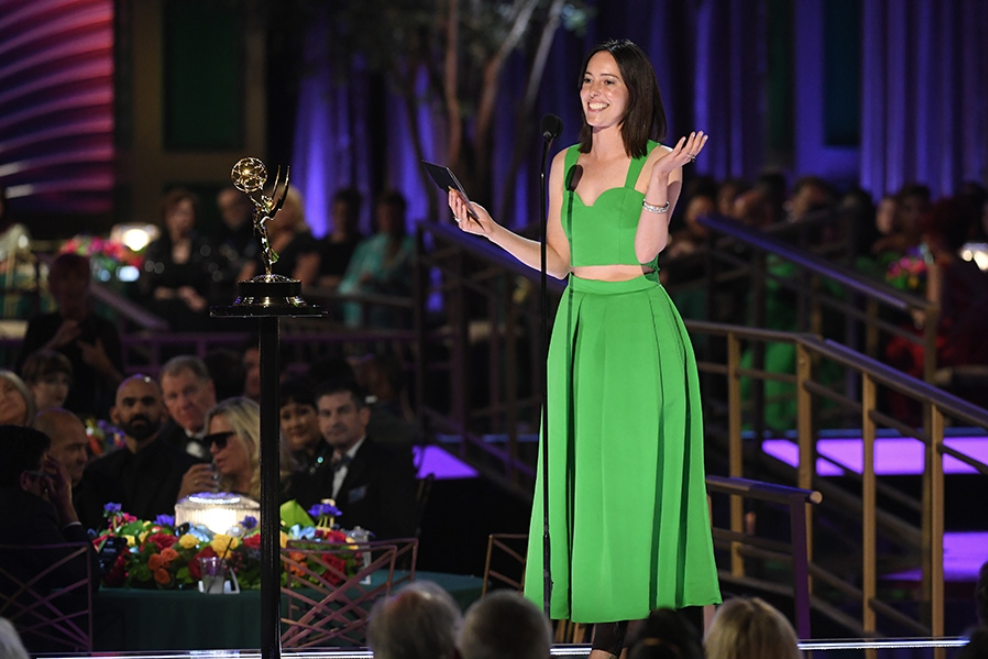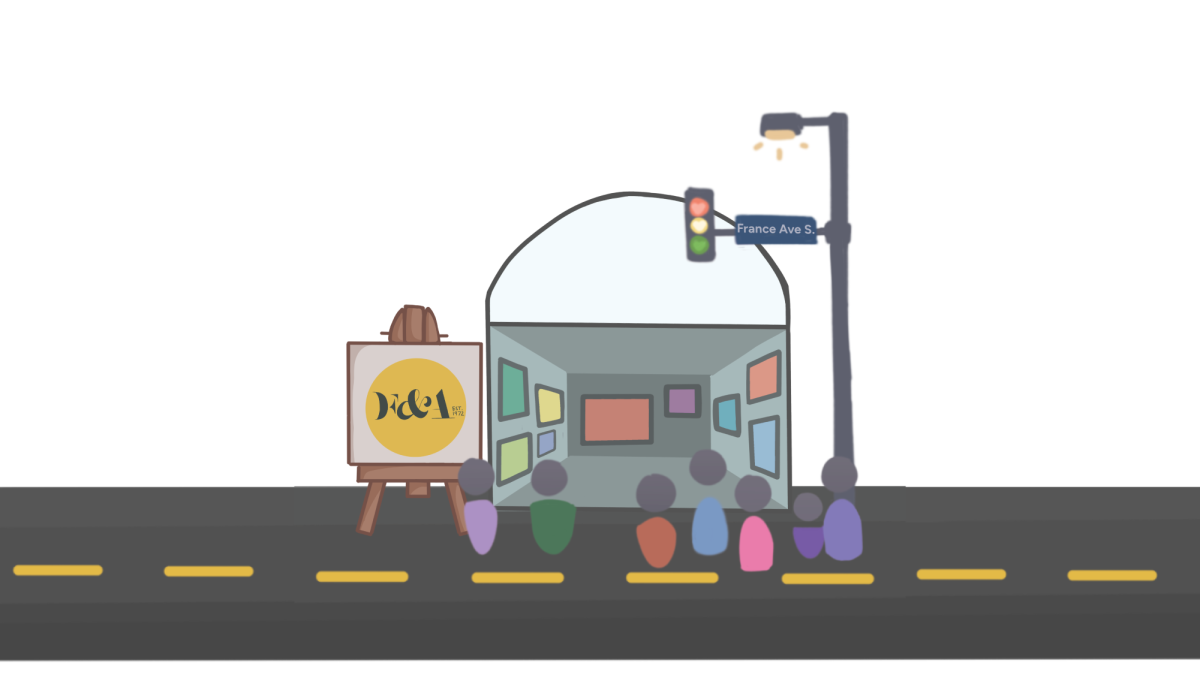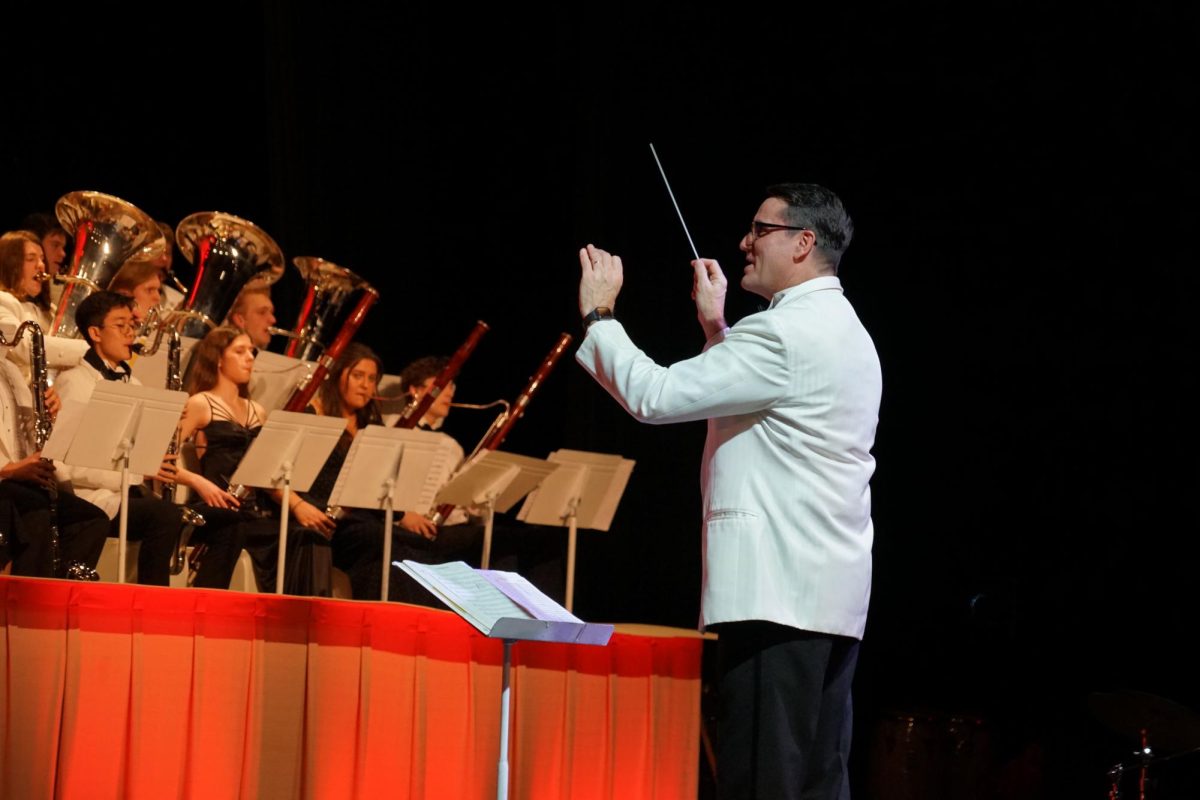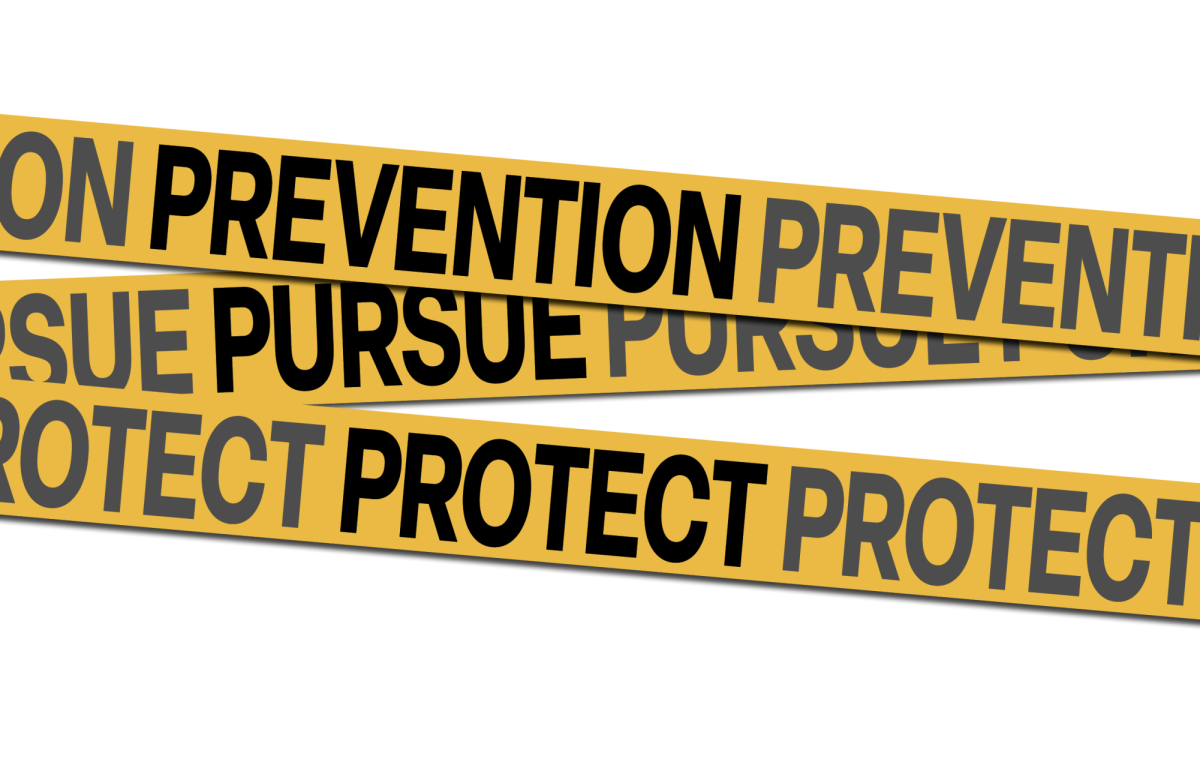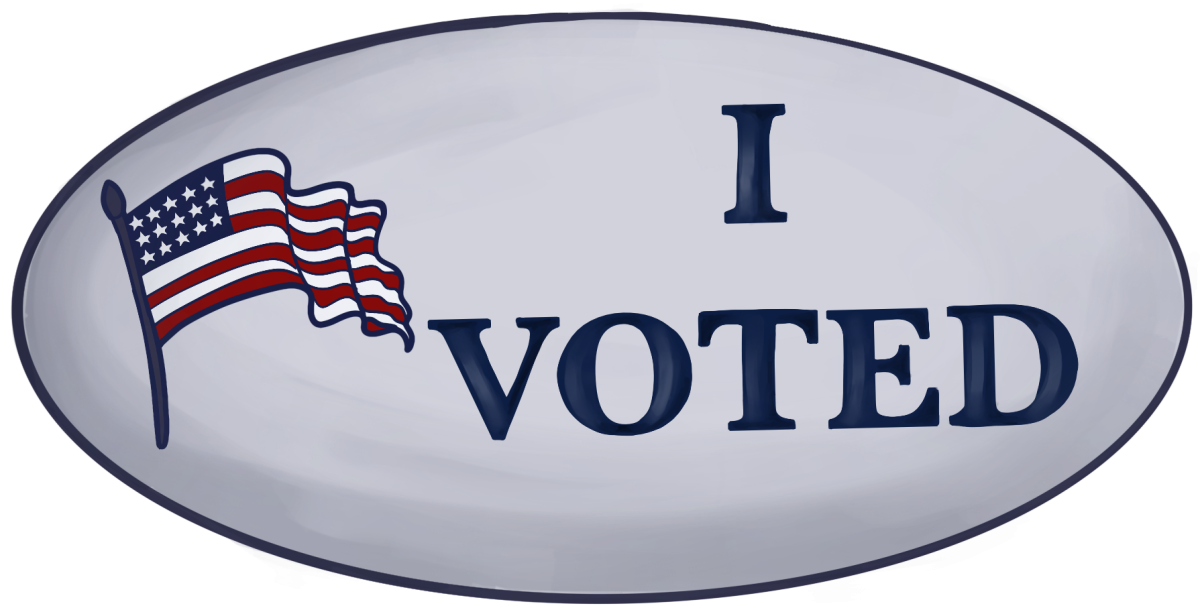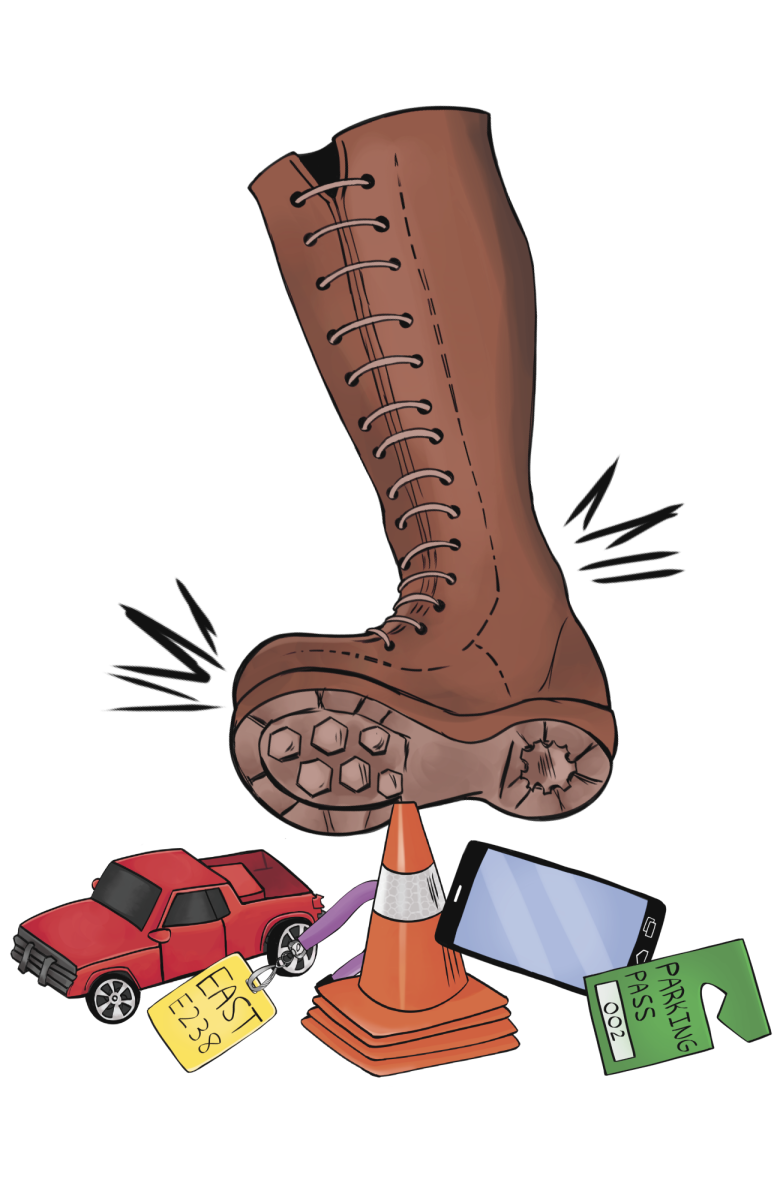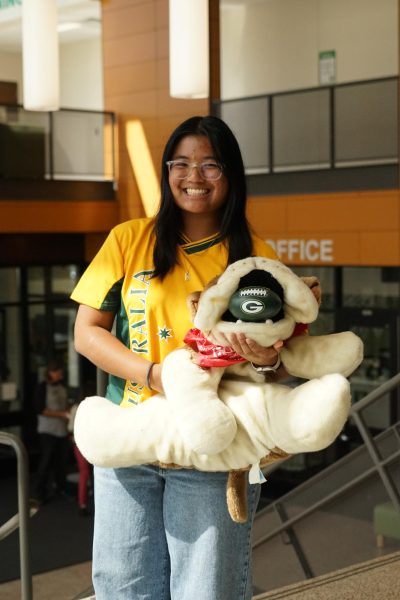Walking into the Emmy’s in Jan. 2023, Edina High School alum Ali Greer didn’t expect to find herself on stage a few hours later with one of the famed golden awards in her own hands.
When her name was announced, Greer felt nervous and caught off guard. “Usually you have that long walk to collect yourself, but I was sitting at the stage, so I stood up and all of a sudden, all the cameras were on me,” she said. “I’m not used to public speaking. It’s very scary and you get up in front of [around] 500 people. I remember I mentioned the very necessary people and not anyone else; I forgot to thank my husband and my family.”
After being nominated but losing for her editing work on the HBO show “Hacks” a year prior, Greer was convinced she wasn’t going to win. “I mean, it’s crazy,” Greer said.
Greer’s first taste of film
Greer, the 2022 recipient of the Outstanding Single-Camera Picture Editing for a Comedy Series Emmy for her work editing the HBO show “Barry,” found her start almost 20 years earlier as a student at EHS.
“In between my sophomore and junior years of high school, I went to a summer program where I learned how to use Final Cut Pro and that was the first time I edited. I would shoot little things and then put them together,” Greer said.
Greer and her childhood friend, EHS alum Jake Lieberman, would also frequent local theaters together in high school. “We would go to the Lagoon and the Uptown and watch movies and [we were] like-minded; she’s great,” Lieberman said.
Later on, Greer and Lieberman’s interest in film drove them to shoot a mystery thriller with two other students for their May term project.
“We were four film nerds, essentially. We were obsessed with watching movies and talking about them,” Lieberman said. “It was [based on] a story by this writer named Samuel Taylor Coleridge, and we said, ‘What if we adapted this into a film noir?’”
Their group wrote the film independently and recruited another student to act in it. To produce the movie, they rented a camera and borrowed a friend’s editing program.
Lieberman recalled the immediate connection between the group while working on the project. “We were all on the same page, and kind of finished each other’s sentences. On a creative venture, it’s so important to know that everybody has the same goal,” Lieberman said. “I remember specifically Ali thought of things like an editor and a director would. If you can see the whole project in front of you before it’s even made, that’s a huge advantage.”
“She was looking at it from 10,000 feet above, which is for sure how you want to approach something when you’re going to assemble a cut,” he said.
Greer felt that the project helped her prepare for working on production in college. “There was always a spark of interest [in film for me] and being able to fully commit to it during May term was a great way to start seeing the whole process come together,” she said. “It was so gratifying to see the project all the way through.”
After graduating in 2005, Greer went to the University of Colorado Boulder to pursue a fine arts degree. She mainly focused on film, working with 16-millimeter film and physically taping pieces together to create movies. By her senior year of college, Greer began looking into digital editing, applying her skills with the programs Final Cut Pro and Avid Media Composer.
Entering the film industry
Soon after graduation, Greer was living in Portland, Ore. when she was brought on to work on the comedy show “Portlandia.” Originally a production assistant, Greer eventually became an assistant editor when the crew discovered that she took a handful of animation courses at CU Boulder. “They brought me to Los Angeles so that I could help them finish the show because I did all the animated titles and all the graphics,” Greer said.
Greer credits some of her design skills to her time working on the yearbook in high school. “Windigo helped me become what I am because they taught me how to use Photoshop and learn about layout. All of those skills were the reason I was kept on my job,” Greer said.
As an editor during her time at Windigo, now Whigrean, Greer spent a lot of time managing and working with others to flesh out the final yearbook. She said the experience helped her understand “how many people it takes to create something.”
After arriving in LA, Greer continued to work on “Portlandia” for six years. “That was really where I learned to do so many things and understood how to create TV shows.”
Greer began working on Bill Hader’s HBO show “Barry” around 2022. “I think that they found me because he’s good friends with Fred Armisen who was in ‘Portlandia,’” she said. “Bill Hader in particular has a great way of making you feel very comfortable.”
Hader and Greer hit it off immediately, bonding over their shared experience working on sets in LA. “We joked about being assistant editors and talked about movies we like. Then I got hired and worked on the last couple seasons,” Greer said.
Greer took on multiple roles while working on “Barry.” “The seasons both came together really well, but there were a few things that didn’t make sense story-wise,” she explained. “I [would talk] with Bill about like, ‘Oh, this doesn’t make much sense,’ or ‘This might not be as clear as it could be.’” With Greer’s input, the crew of “Barry” would reshoot certain scenes or clean them up to make the storyline more fluid.
A career in editing
Greer took home an Emmy for editing the season three finale of “Barry.” “It’s a wild feeling. It’s a public praise of a job that often doesn’t get [put] in front of big groups of people, you know?” she said.
Greer typically edits the entirety of the shows she works on, stitching together different takes to get the most cohesive pieces of dialogue and moments. “It comes kind of as a big scrambled puzzle box and then I put all the pieces together. I put all the sound effects in, I choose music, I bring in score words [as] necessary, and dictate the pace and work on story development and characters,” she said.
“I get sent things very early,” Greer explained. That way, Greer can work in tandem with the production to ensure that the first cut of the show will be complete as soon as the production wraps. After that, she collaborates with the director to refine the cut.
“It’s a fine line between having enough opinion and being able to express yourself in a way that makes sense and is clear while still being kind to the story they’re trying to tell,” Greer said.
To edit, Greer mostly works with Avid Media Composer, in addition to Adobe Premiere Pro. “It’s kind of like playing an instrument, you have to be technically good, but then there’s a whole bunch of artistic things that you can add to it,” she said.
The best part of editing to Greer is highlighting certain aspects of shows to draw reactions from audiences. “Sometimes [the shot] might be on somebody who’s not even talking, on something they’re holding onto, or you get to put [shots] back to back in a way that surprises people,” she said. “I think that’s the exciting thing about editing, you really get to focus people’s attention on what you want them to feel.”
“Whether it’s choosing that perfect piece of music that comes in right when the actor gets emotional and making sure that the pace of everything makes you tear up or makes you laugh,” Greer continued, “that part of my job keeps me loving it every day.”
For anyone interested in pursuing a film career, Greer recommends acting on it. “It’s definitely an industry where a lot of the information for how to do things is online but can be difficult to understand. So make connections with people throughout your career. They have a lot to teach you if you are listening,” she said.
Greer believes that anyone has the potential to begin editing videos to tell a story. “Generations see more and more things as they’re growing up, they are creating things on YouTube and TikTok, and they really push people’s visual understanding of stories,” she said. “It’s important to keep challenging people to laugh or be moved in many ways.”
This piece was originally published in Zephyrus’ print edition on January 25, 2024.


